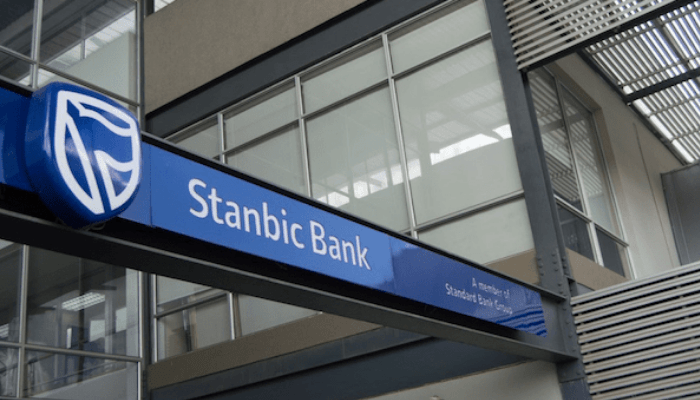Growth in Nigeria’s private sector strengthened in August, driven by improved customer demand and easing inflationary pressures, according to the latest Stanbic IBTC Bank Purchasing Managers’ Index (PMI) report.
The headline PMI rose to 54.2 in August from 54.0 in July, marking the ninth consecutive month above the 50.0 benchmark that separates growth from contraction.
The report pointed out that the reading signaled the strongest improvement in business conditions since April, driven largely by sharper increases in new orders and output.

“Business activity increased further in August and has remained above 50 points for the ninth consecutive month. The increase in business activity was driven by sharper increases in output and new orders,” said Muyiwa Oni, Head of Equity Research West Africa at Stanbic IBTC Bank.
The report said output growth climbed to a four-month high of 56.8 points, while new orders surged to a 19-month high of 58.3 points, reflecting stronger customer demand and willingness to commit to new projects. Three of the four broad sectors surveyed recorded growth, with manufacturing the only laggard.
Despite the upbeat momentum, job creation slowed compared to July, though firms continued to expand staffing levels for a third straight month. The report also noted a slower but still marked increase in input buying, as businesses responded to growing demand and optimism about the future by building inventories.
Inflationary pressures showed signs of easing. Input costs rose at the weakest pace since March 2023, while output prices moderated for the fourth consecutive month, registering the slowest increase since April 2020.
“The continued moderation of input and output prices still suggests that inflation is likely to remain soft in the near term, and may incentivize the MPC of the CBN to switch to an accommodative monetary policy by September from the current neutral stance,” Oni explained.
Stanbic IBTC projects headline inflation could fall further to between 21.45 percent and 21.63 percent year-on-year in August, with a sharper moderation to 17.19 percent –17.9 percent by November. The bank also expects the Central Bank of Nigeria (CBN) to cut interest rates by up to 150 basis points in 2025.
On the broader economy, the report noted that Nigeria’s rebased GDP grew by 3.13 percent year-on-year in Q1 2025, down from a revised 3.76 percent in the previous quarter, and the weakest since Q1 2024. Services continued to dominate with a 78.6 percent contribution, while agriculture slumped sharply to just 0.5 percent from 19.7 percent in Q4 2024. However, industries doubled their contribution to 20.9 percent, bolstered by structural shifts linked to the Dangote Refinery.
“Overall, the Nigerian economy is still on track to grow by 3.5 percent year-on-year in 2025 from 3.4 percent in 2024, supported by softer inflation, improvement in FX liquidity conditions, and structural reforms,” Oni added.
Stay ahead with the latest updates!
Join The Podium Media on WhatsApp for real-time news alerts, breaking stories, and exclusive content delivered straight to your phone. Don’t miss a headline — subscribe now!
Chat with Us on WhatsApp





